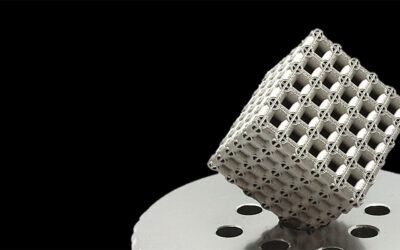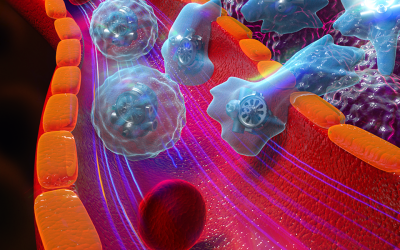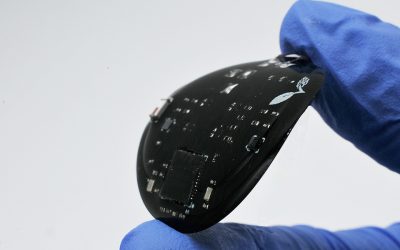The European Commission has chosen Graphene as one of Europe’s first 10-year, 1,000 million euro FET flagships. The mission of Graphene is to take graphene and related layered materials from academic laboratories to society, revolutionize multiple industries and create economic growth and new jobs in Europe.
Graphene has been subject to a scientific explosion since the groundbreaking experiments on the novel material less than ten years ago, recognized by the Nobel Prize in Physics in 2010 to Professor Andre Geim and Professor Kostya Novoselov, at The University of Manchester. Graphene’s unique combination of superior properties makes it a credible starting point for new disruptive technologies in a wide range of fields.
With today’s announcement Europe is launching a new form of joint, coordinated research initiative of unprecedented scale. The Graphene Flagship brings together an academic-industrial consortium aiming at a breakthrough for technological innovation. The research effort will cover the entire value chain from materials production to components and system integration, and targets a number of specific goals that exploit the unique properties of graphene.
Key applications are for instance fast electronic and optical devices, flexible electronics, functional lightweight components and advanced batteries. Examples of new products enabled by graphene technologies include fast, flexible and strong consumer electronics such as electronic paper and bendable personal communication devices, and lighter and more energy efficient airplanes. On the longer term, graphene is expected to give rise to new computational paradigms and revolutionary medical applications such as artificial retinas.
From the start in 2013 the Graphene Flagship will coordinate 126 academic and industrial research groups in 17 European countries with an initial 30-month-budget of 54 million euro. The consortium will be extended with another 20-30 groups through an open call, issued soon after the start of the initiative, which will further strengthen the engineering aspects of the flagship. The flagship will be coordinated by Chalmers University of Technology based in Gothenburg, Sweden. Director is Professor Jari Kinaret who will lead the research activities together with the leaders of the 15 work packages. The management team is supported by a Strategic Advisory Council that includes the European Nobel Laureates Andre Geim (chairman), Albert Fert, Klaus von Klitzing and Kostya Novoselov, industrial representatives from Nokia and Airbus, and two representatives of the global graphene research community.
“Although the flagship is extremely extensive, it cannot cover all areas. For example, we don’t intend to compete with Korea on graphene screens”, says the Professor Jari Kinaret at Chalmers University of Technology, Sweden, Flagship Director. ”Graphene production, however, is obviously central to our project.”
During the 30 month ramp-up phase, the Graphene Flagship will focus on the area of communications, concentrating on ICT and on the physical transport sector, and supporting applications in the fields of energy technology and sensors. After the ramp-up phase, the flagship will grow to full size and include many new groups and activities. The details of flagship implementation after the ramp-up phase are still open and form a part of the discussions on the Horizon 2020 research program of the European Union.
Source: Graphene Flagship
















